Cancer discovery news
Our researchers are making the discoveries that defeat cancer. Read the latest findings from our world-leading research.
Visit our main news hub to read about news on new funding, our fundraising activities and much more. If you want to keep updated on our news, you can follow us on social media or sign up for our Search newsletter.
If you’re a journalist and want to find out more, you can contact our media relations team.
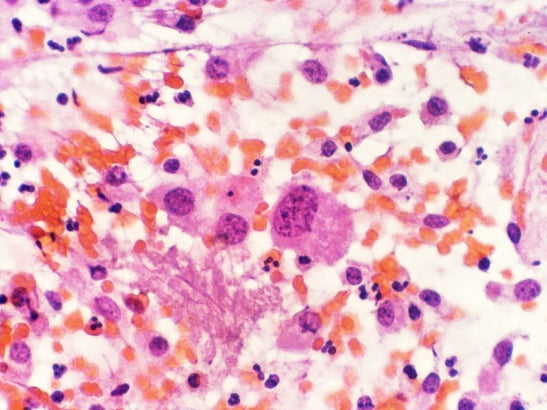
Trial identifies five-drug combo for ‘ultra high risk’ bone marrow cancer
A combination of five existing drugs keeps cancer at bay for longer in patients with a highly aggressive type of bone marrow cancer, a major new trial reveals.
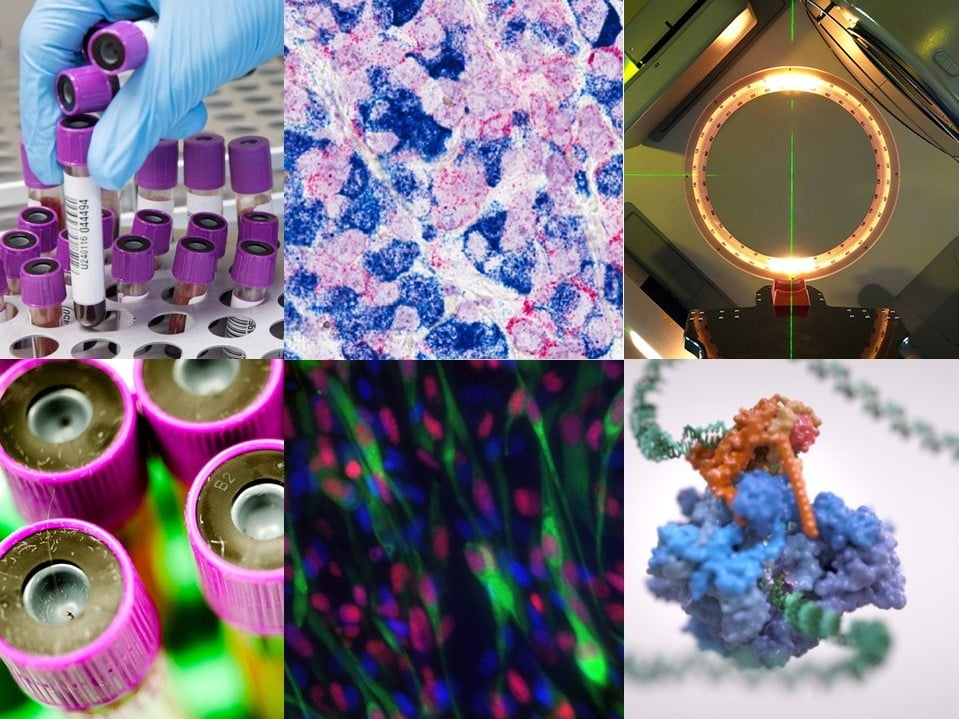
Scientific achievements of 2020/2021
We've selected a range of discoveries from the academic year that highlight the quality and breadth of our basic, translational and clinical research.
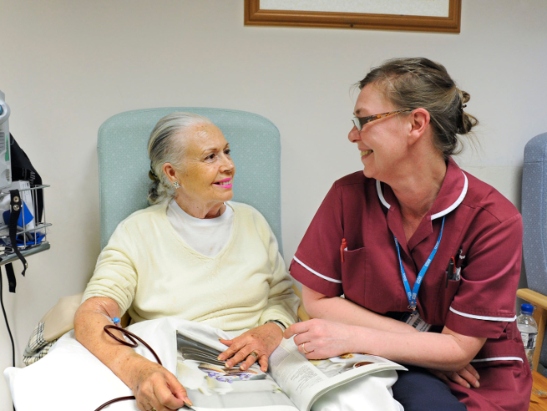
Cancer trial recruitment drops by 60 per cent during pandemic
The number of cancer patients entering clinical trials has plummeted during the pandemic – denying many thousands the latest treatment options and delaying the development of cutting-edge drugs and technologies.

‘Sleeping’ cancer cells explain why childhood leukaemia returns after years of treatment
Leukaemic cancer cells can ‘go to sleep’ and thus avoid the effects of chemotherapy, sometimes for years.
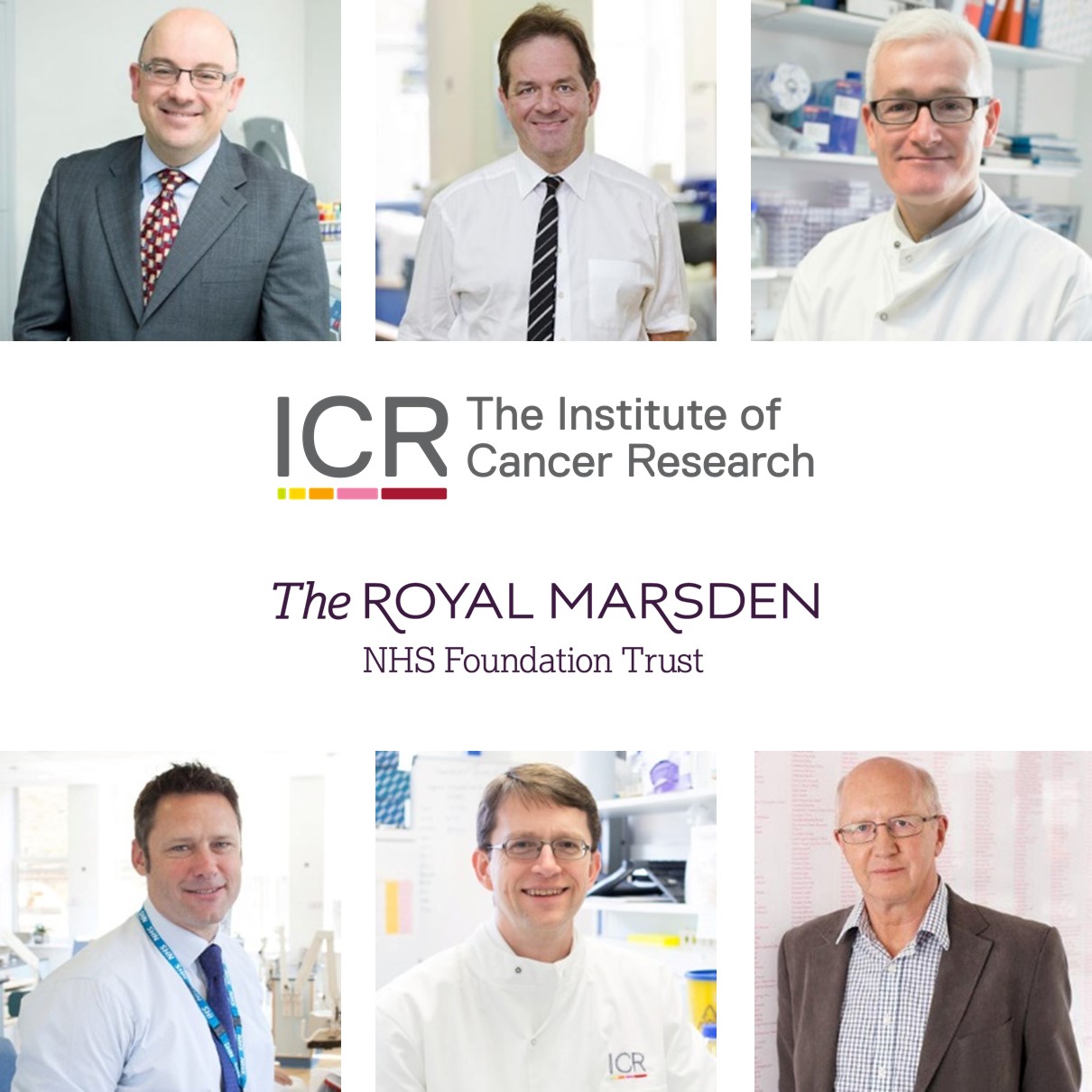
ICR researchers named among world’s most influential scientists
Six researchers at the ICR and The Royal Marsden have been named in a list of the world's most influential by the by science analytics company Clarivate.
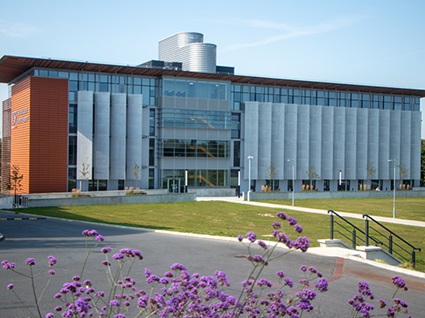
Celebrating one year at the Centre for Cancer Drug Discovery
One year ago we opened the doors to the Centre for Cancer Drug Discovery. To celebrate, we're looking back on the journey to build it, how it has developed over the last year and its exciting future.
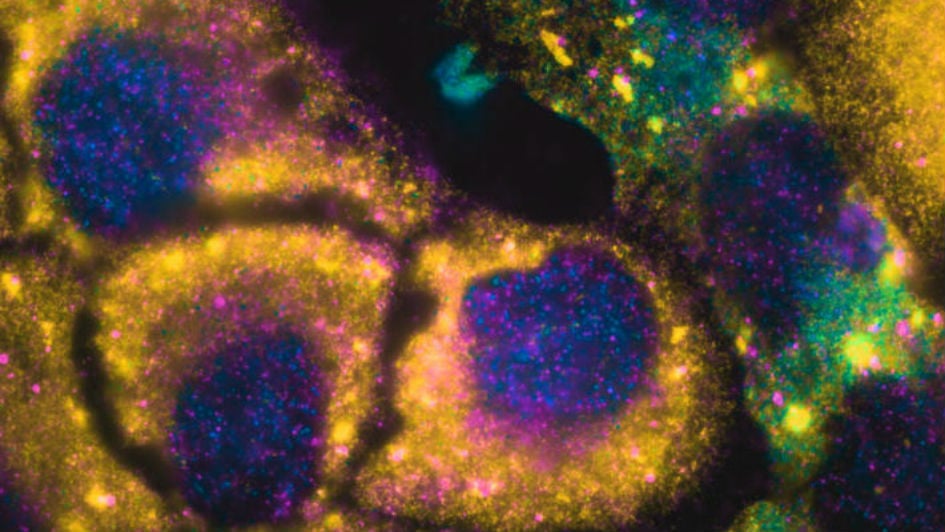
The future of prostate cancer research: what could the next decade bring?
The last decade has brought major advances in the way we diagnose and treat prostate cancer and men with advanced disease are living longer than ever. Diana Cano spoke to our scientists about the most exciting research areas that have the potential to revolutionise prostate cancer treatment in years to come.

Scientists identify potential new drug combination for children with incurable brain cancer
Combining two existing cancer drugs could offer promise for some children with an incurable childhood brain cancer, a new study suggests.
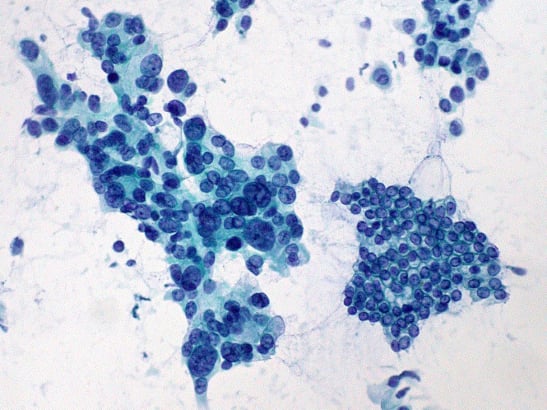
Taking a personalised approach to aggressive pancreatic cancers
Pancreatic cancer is highly aggressive and difficult to treat, but now our scientists are taking a more personalised approach. For Pancreatic Cancer Awareness Month, Gege Li looks at how our researchers are using artificial intelligence to improve treatment.

Liquid biopsies one step closer to entering the clinic to help guide breast cancer treatment
A simple blood test can identify specific genetic mutations in patients’ breast tumours to help guide their treatment and assess how likely patients are to relapse, a study shows.
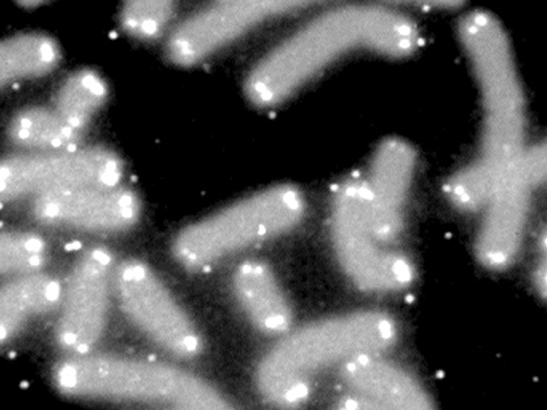
Cancer researchers reveal direct block to DNA replication
For the first time, scientists have shown that a major protein acts as a direct block in multiple stages of DNA replication, improving our understanding of how cancer develops.

Professor Sir Michael Peckham, 1935 – 2021
Professor Sir Michael Peckham was Professor of Radiotherapy at The Institute of Cancer Research, London, and The Royal Marsden NHS Foundation Trust from 1973 to 1985. In this obituary, former colleagues pay tribute to a brilliant scientist, artist and policymaker.